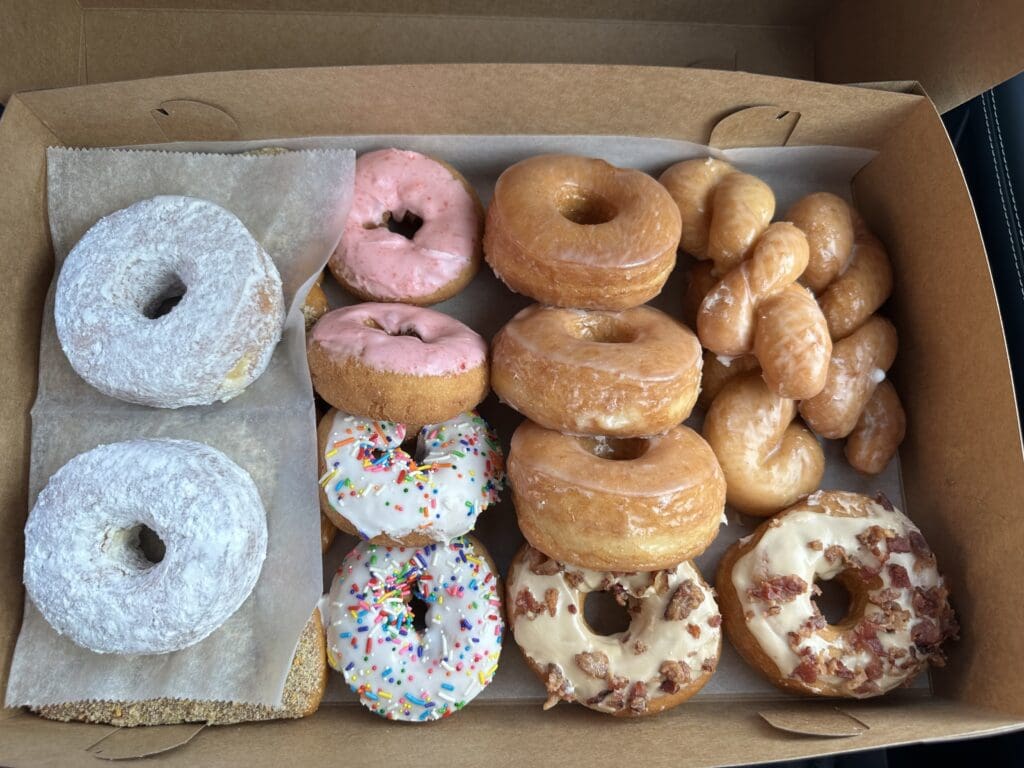
Local Member Bundle
Congratulations, you’ve chosen our local membership bundle for:
Diet
Find out what our nutritionist, Sarah Keogh, has to say about mood-boosting foods.
Nutritionist Sarah Keogh shares the best foods and top tips to help nourish your body. Are you getting enough in your diet?
Studies show that if you skip a meal it is very difficult to make up the nutrition that you have missed. Even if you eat a larger meal later, you don’t make up nutrients like iron or B vitamins. Plan to have breakfast, lunch and dinner everyday and make time for snacks if you find you do get hungry in between meals.
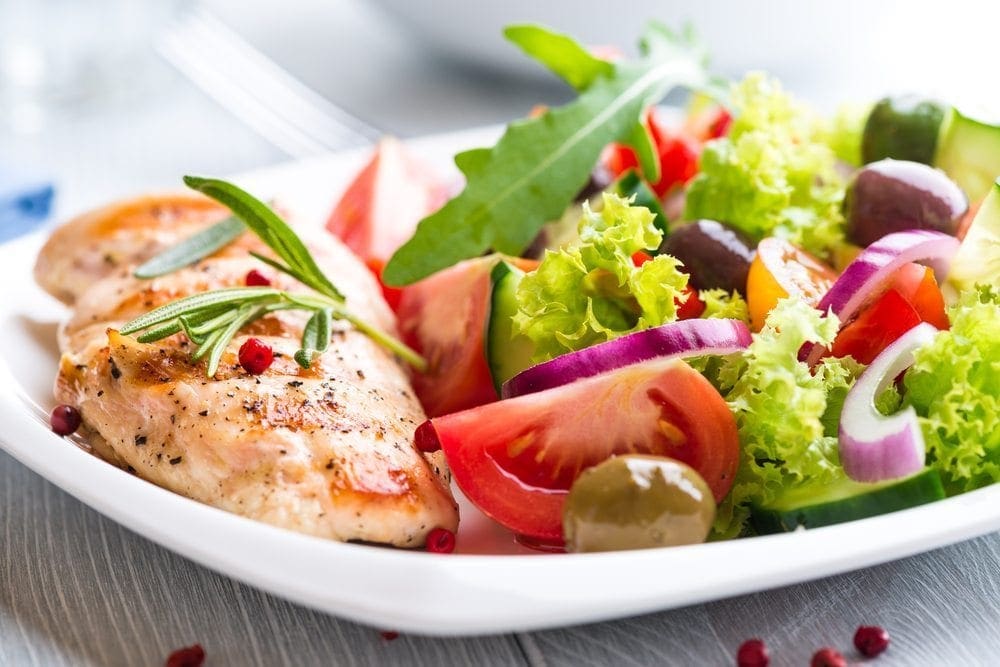
Low levels of iron can make you feel very apathetic and unmotivated and can actually lower your IQ. Luckily, this all improves when iron levels come back up. Red meat is one of the best places to get iron and if you go for lean cuts, there is little saturated fat. On the vegetable front, spinach, the ever-popular kale and green cabbage leaves are good options, as well as beans and chickpeas.
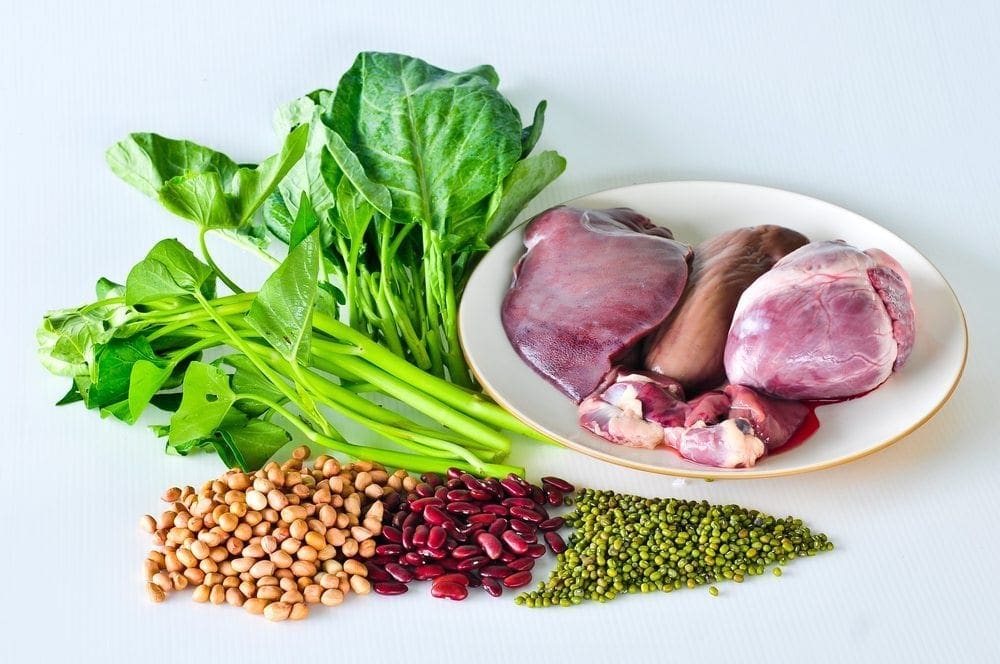
Fish oils are a great source of the omega-3 EPA which has been linked with reducing depression and anxiety as well as helping to keep our brains healthy. Find EPA in oil-rich fish like salmon, trout, mackerel and sardines. Tinned salmon and tinned sardines are also good sources. Aim to have oil-rich fish at least once a week but more would be better.
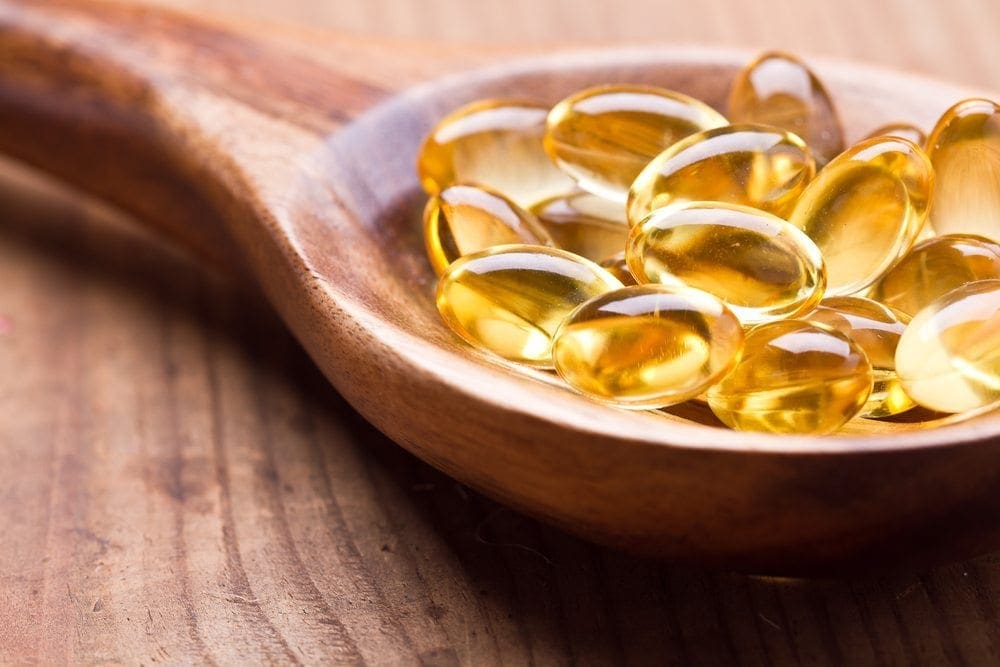
Many of us turn to alcohol as a pick-me-up after a hard day, but alcohol can actually make it more difficult to handle the stress in your life. Apart from hangovers, alcohol interferes with how well you sleep.
Although having a glass of wine or beer may make it easier for you to fall asleep, alcohol prevents you from getting the deep sleep where you really rest. If you only drink once or twice a week then this is not going to cause much harm, but if you drink every day or most days – even if it is small amounts – then you are going to disturb your sleep patterns.
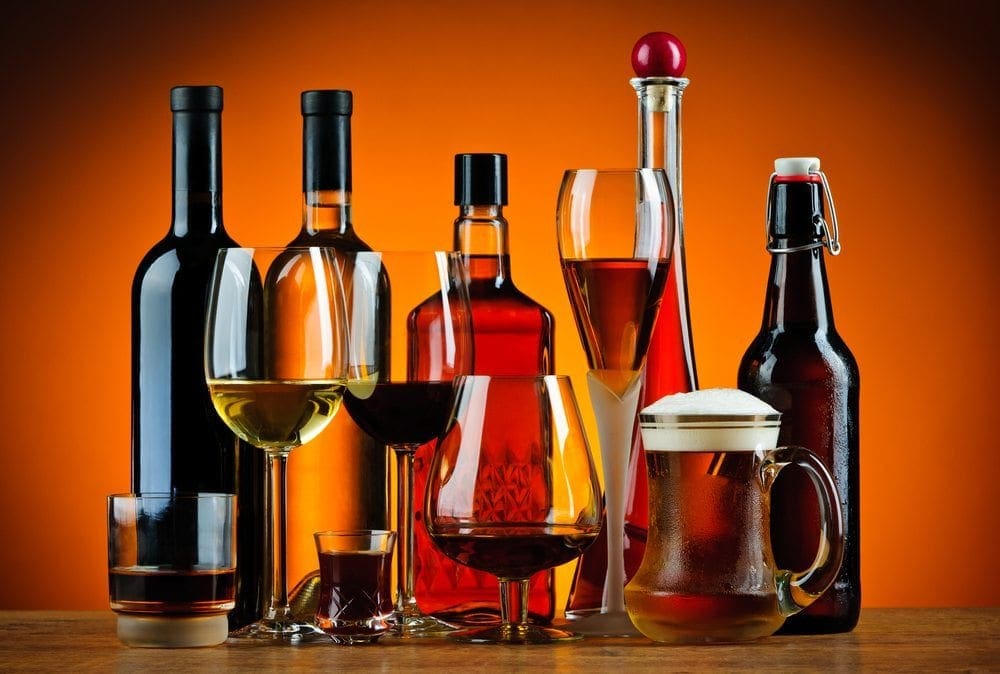
Studies show that getting less than seven hours sleep on a regular basis increases risks of dementia, cancer and obesity – among others. It also leaves us feeling tired.
We need to aim for around eight hours sleep every night and the sleep we get before midnight is of the most value to us. We have all heard the expression “early to bed, early to rise…”. Our bodies do most of their healing and repairing between about 10pm and 3am so these are the key hours to be asleep.

It has become very fashionable to cut carbs and many people who do so fail to realise that they are cutting out fibre and B vitamins as well as the mood-enhancing effects of carbs as well. Do include carbs, but in sensible portions and go for wholegrain varieties. Keep carbs to about 1/4 of your plate – don’t just cover your whole plate with pasta and dump the rest of your dinner on top!
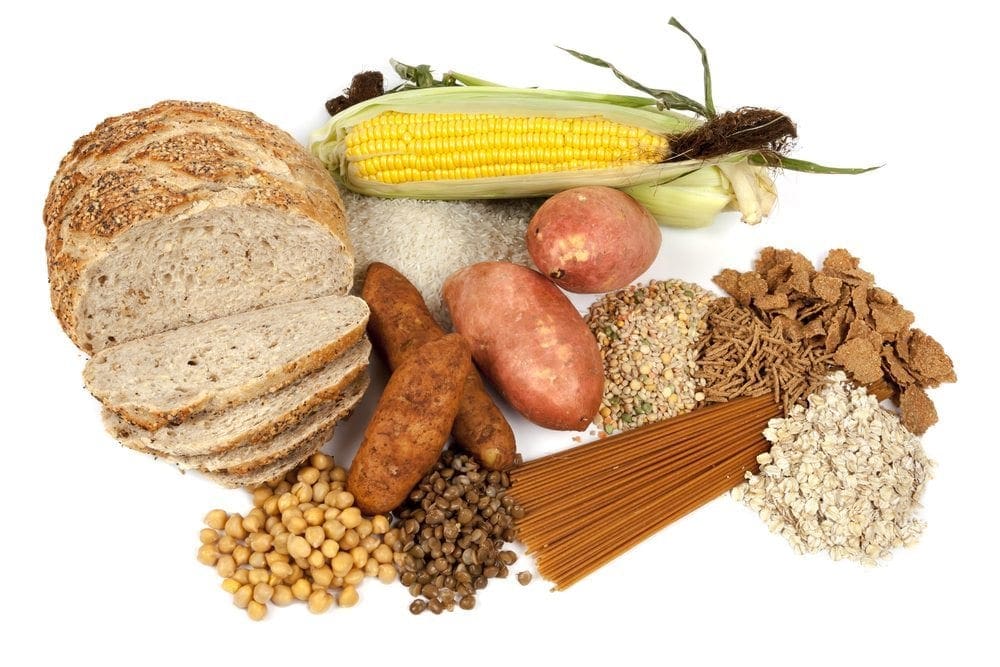
B vitamins help your body to turn your food into energy so they are crucial in helping to reduce tiredness and fatigue. B vitamins are also needed for a healthy nervous system and for years people have taken B complex supplements to help deal with stress. You can find B vitamins in wholegrain foods like wholegrain bread and cereals as well as milk, yoghurt and lean pork.
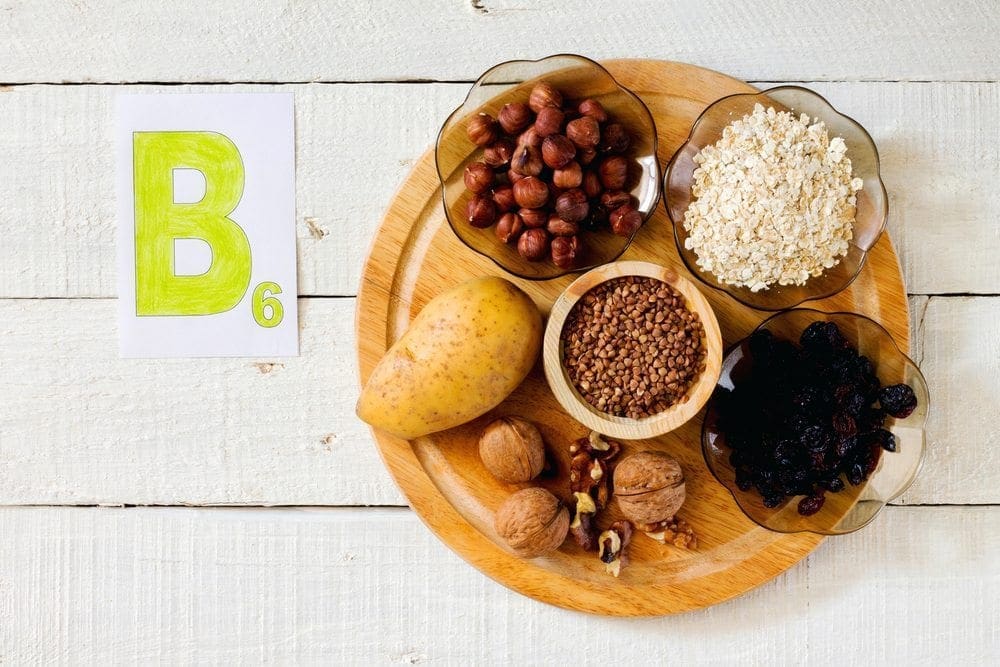
Drop A Dress Size
6 Week Challenge
Join now!
For assistance, please contact our support team. Thank you.

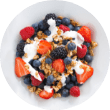
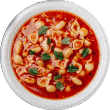
Congratulations, you’ve chosen our local membership bundle for:


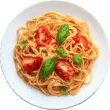
Congratulations, you’ve chosen our online only membership bundle for:



Congratulations, you’ve chosen our online membership bundle for: